Project Funding Breathes New Life into Monitoring Greenland's Seafloor
23.11.2023The Greenland Climate Research Centre and the Greenland Institute of Natural Resources have received funding of DKK 17.2 million for ..
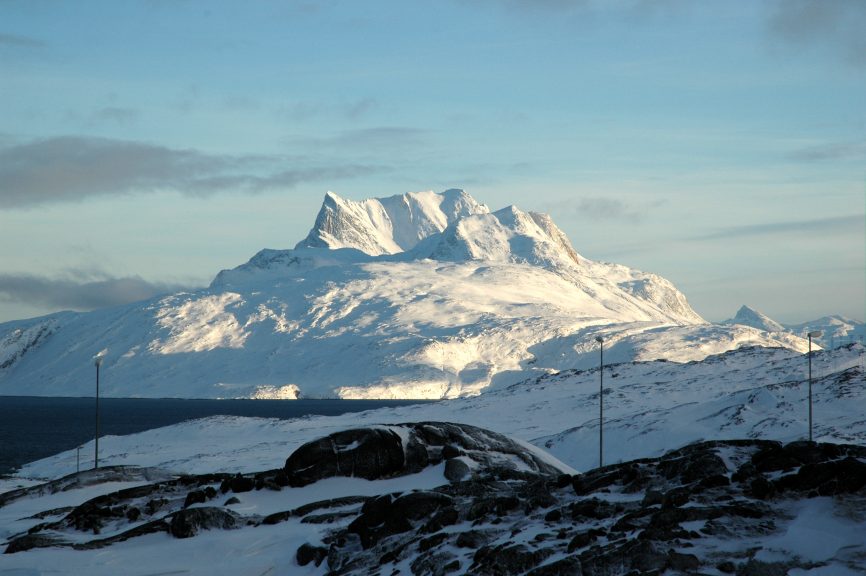
To apply for courses in the Arctic Science Study Programme (ASSP), please complete the “Student Information” form below. After submitting the completed form you will receive an e-mail with details on how to proceed with register for the courses and other practical information.
The ASSP offers graduate (masters) and PhD level courses. The courses in spring form one full semester (30 ECTS). Applicants applying for a full semester are given priority, however, it is possible to apply for single courses. You can find more information about the courses under Arctic Science Study Programme (ASSP).
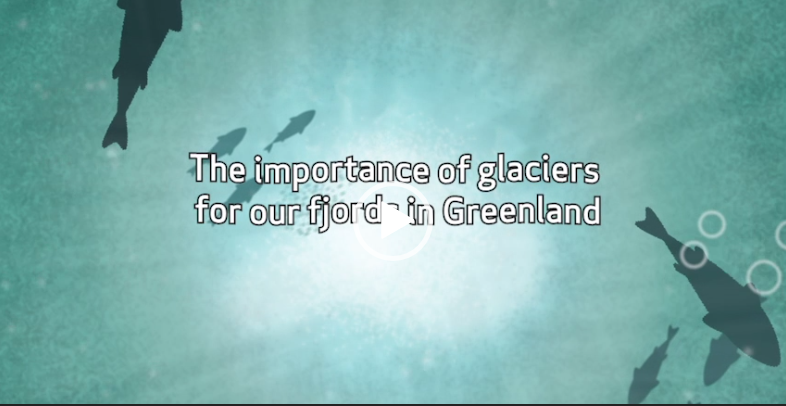
The rise in global temperature in recent years has led to a large increase in the melting of the Greenland Ice Sheet. This melt has a large impact on the fjord ecosystem. The melt from the Ice Sheet enters the fjords either in liquid or solid form. The liquid fraction can enter the fjord at the surface. However, for the glacier which terminates in the fjord, a large fraction can also enter the fjord subsurface. This has a significant impact on the fjords.
Watch our new animation explaining the role and importance of glaciers for our fjords in Greenland
Animation by Deluxus Studio
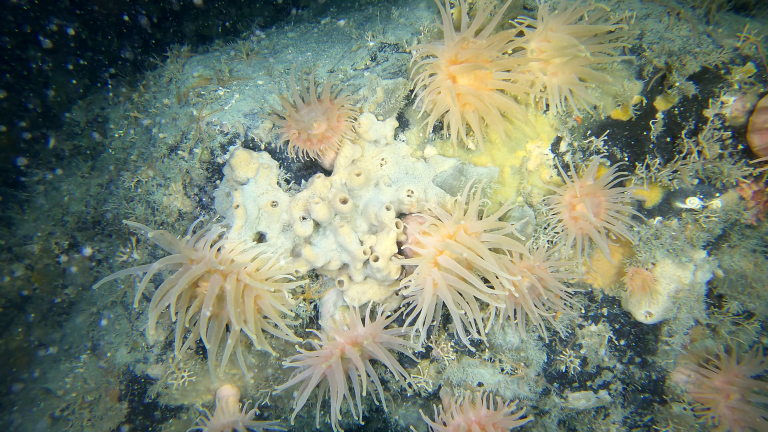
The Greenland Climate Research Centre and the Greenland Institute of Natural Resources have received funding of DKK 17.2 million for ..
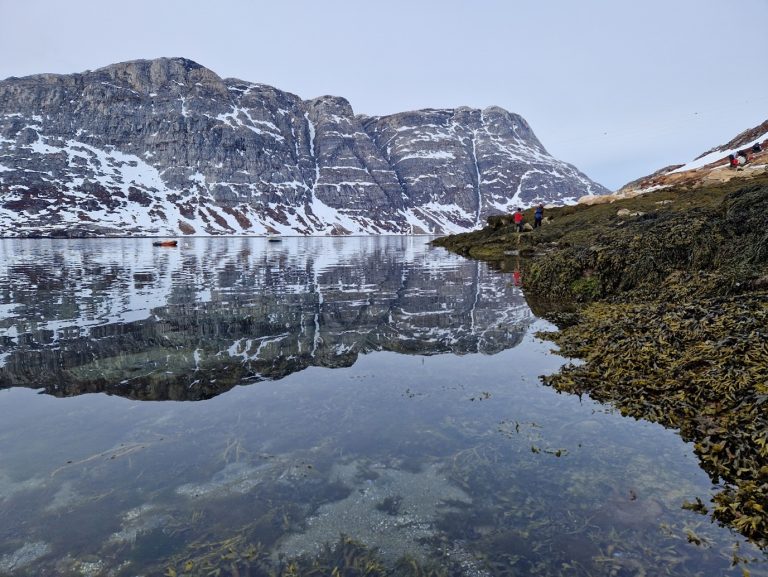
Macroalgae or seaweed are dominating rocky coastlines globally. Even here in Greenland, we can see small kelp such as the ..
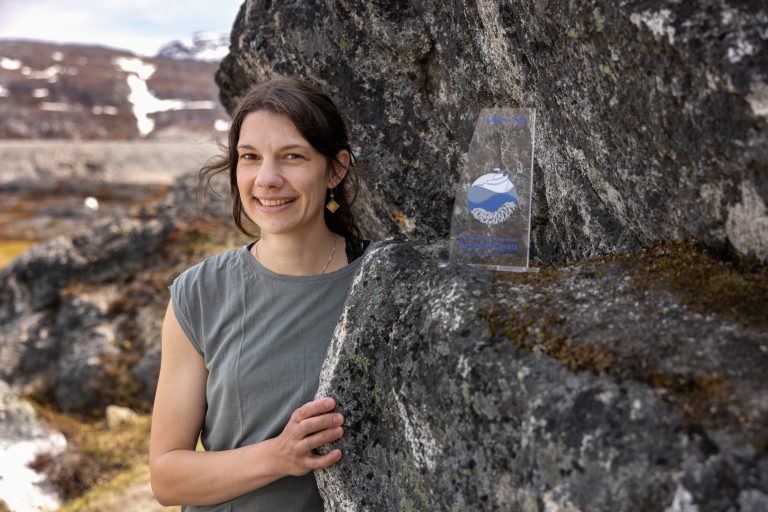
The dark, cold deep sea harbors many unseen treasures, one of which is corals that most people only associate with ..